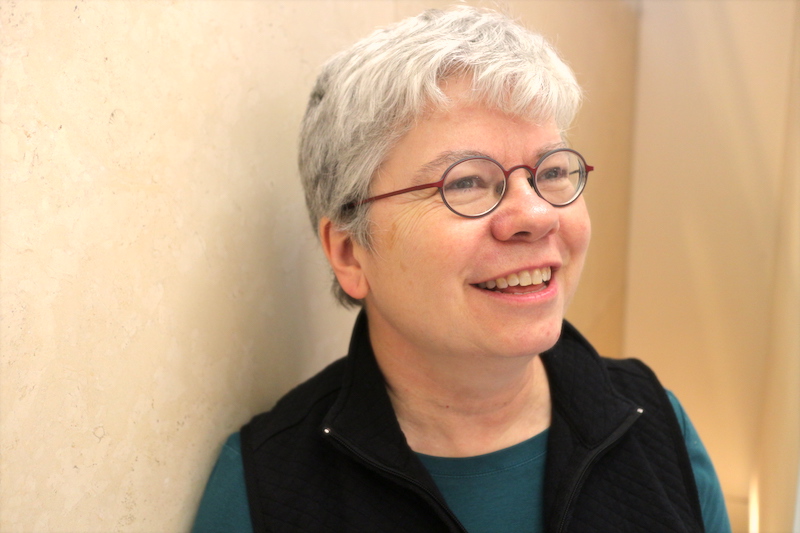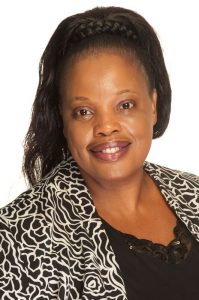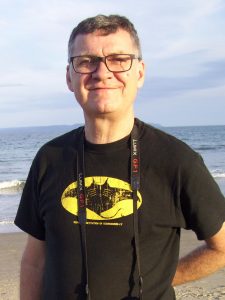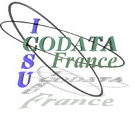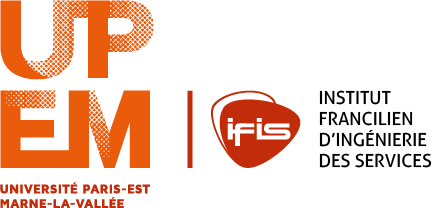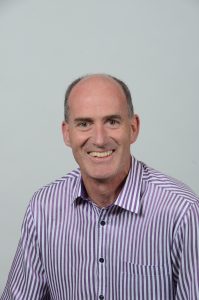 This is the first in the series of short statements from candidates in the forthcoming CODATA Elections at the General Assembly to be held on 9-10 November in Gaborone, Botswana, following international Data Week. Richard Hartshorn is a candidate for the CODATA Executive Committee as an Ordinary Member. He was nominated by IUPAC
This is the first in the series of short statements from candidates in the forthcoming CODATA Elections at the General Assembly to be held on 9-10 November in Gaborone, Botswana, following international Data Week. Richard Hartshorn is a candidate for the CODATA Executive Committee as an Ordinary Member. He was nominated by IUPAC
Professor Richard Hartshorn, Secretary General of the International Union of Pure and Applied Chemistry (IUPAC) will make an excellent member of the CODATA Executive Committee. In his role as Secretary General, and through others within IUPAC, he has demonstrated strategic leadership and gained significant experience in governance of an international science-based organization.
As you know, IUPAC has created and maintained a common language for chemistry, for almost one hundred years, via the development of standards in nomenclature, terminology, weights, symbols, etc. Such activities involve reaching international consensus among experts from around the world. In this context, Professor Hartshorn has been involved in nomenclature activities for many years and led the IUPAC Division of Chemical Nomenclature and Structure Representation (2010-13). He is also significantly involved in the International Chemical Identifier (InChI) Trust, both at a governance level as a member of the InChI Trust Board, and in InChI-based projects [the InChI is and will be a key tool in making chemical data Findable, Accessible, Interoperable, and Reusable (FAIR)].
IUPAC is committed to continued innovation in nomenclature, terminology, other intellectual infrastructure, and particularly to developing tools for the use, global exchange, and archiving of digital chemical data. Professor Hartshorn has taken a strategic role in this area, including initiation of work that will lead to development of standards for data repositories, building on the platform of the JCAMP spectral data standard and the InChI. Both JCAMP-DX and InChI are globally-accepted standards currently used in major scientific databases and publications. We believe that a close working relationship with CODATA will be mutually beneficial as the Missions of both organizations are in alignment – working to support the free exchange of scientific information and facilitating global collaboration for the advancement of scientific discovery.
As the new International Science Council seeks to establish itself across the sciences and social sciences CODATA will inevitably need to move with the times. It is, however, essential that it carries with it the support of its current constituency and maintains its already high level of respect in scientific data. There will, therefore, be an even greater need to negotiate and balance different demands in a global and diverse arena. Professor Hartshorn has significant experience of this through his work in achieving international consensus in chemical nomenclature and other aspects of IUPAC work. This requires skills of diplomatic negotiations in situations where a very small staff need to work with a global membership, coping with the limitations of small organizations and yet still maintaining the global impact that satisfies the wider membership.
IUPAC’s interest in digital data standards accelerated in 2013 when Jeremy Frey, the current IUPAC representative to CODATA, put forth a proposal for the creation of a “Digital IUPAC,” recommending that IUPAC develop standards in collaboration with other scientific organizations and governments for the creation of a consistent global framework for Human and Machine-readable (and “understandable”) chemical information. This proposal resulted in the creation of the IUPAC Committee on Publications and Cheminformatics Data Standards (CPCDS) whose members have since been involved in collaborative efforts with the Research Data Alliance, the InChI Trust, the Royal Society of Chemistry, Allotrope Foundation, and others, including CODATA. The recent CODATA activities include 1) a joint workshop entitled “Supporting FAIR Exchange of Chemical Data through Standards Development” that was held in Amsterdam 16-17 July and initiated further development work on criteria for spectral data packages and repositories; 2) submission of a proposal for an Inter-Union Workshop and Symposium for SciDataCon 2018 that will focus on data interoperability in chemistry, biology, and crystallography; and 3) IUPAC is taking a lead role in developing a Chemistry Implementation Network as part of the Go FAIR initiative. Professor Hartshorn has been closely involved in and has contributed significantly to these developments.
While IUPAC, through its Divisions and Standing Committees, has other digital data initiatives underway, we listed just a few above to demonstrate our commitment to the development of standards for digital chemical information. Professor Hartshorn is a major force in moving IUPAC forward in this arena. We believe that having an experienced, data-oriented IUPAC Senior Executive serve as a member of the CODATA Executive Committee will reinforce the already strong relationship that exists between our organizations and allow us to collaboratively move forward in building standards for the digital future of science.
Professor Qifeng Zhou Bonnie Lawlor Professor Jeremy Frey
IUPAC President Chair, IUPAC CPCDS IUPAC Delegate to CODATA
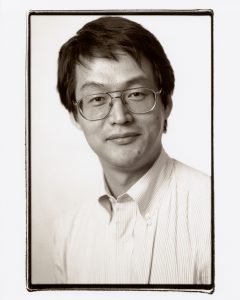 This is the sixth in the series of short statements from candidates in the forthcoming CODATA Elections at the General Assembly to be held on 9-10 November in Gaborone, Botswana, following International Data Week. Toshihiro Ashino is a candidate for the CODATA Executive Committee as an Ordinary Member. He was nominated by Japan.
This is the sixth in the series of short statements from candidates in the forthcoming CODATA Elections at the General Assembly to be held on 9-10 November in Gaborone, Botswana, following International Data Week. Toshihiro Ashino is a candidate for the CODATA Executive Committee as an Ordinary Member. He was nominated by Japan.
 The Environment Agency – Abu Dhabi (EAD), as co-founder of the
The Environment Agency – Abu Dhabi (EAD), as co-founder of the 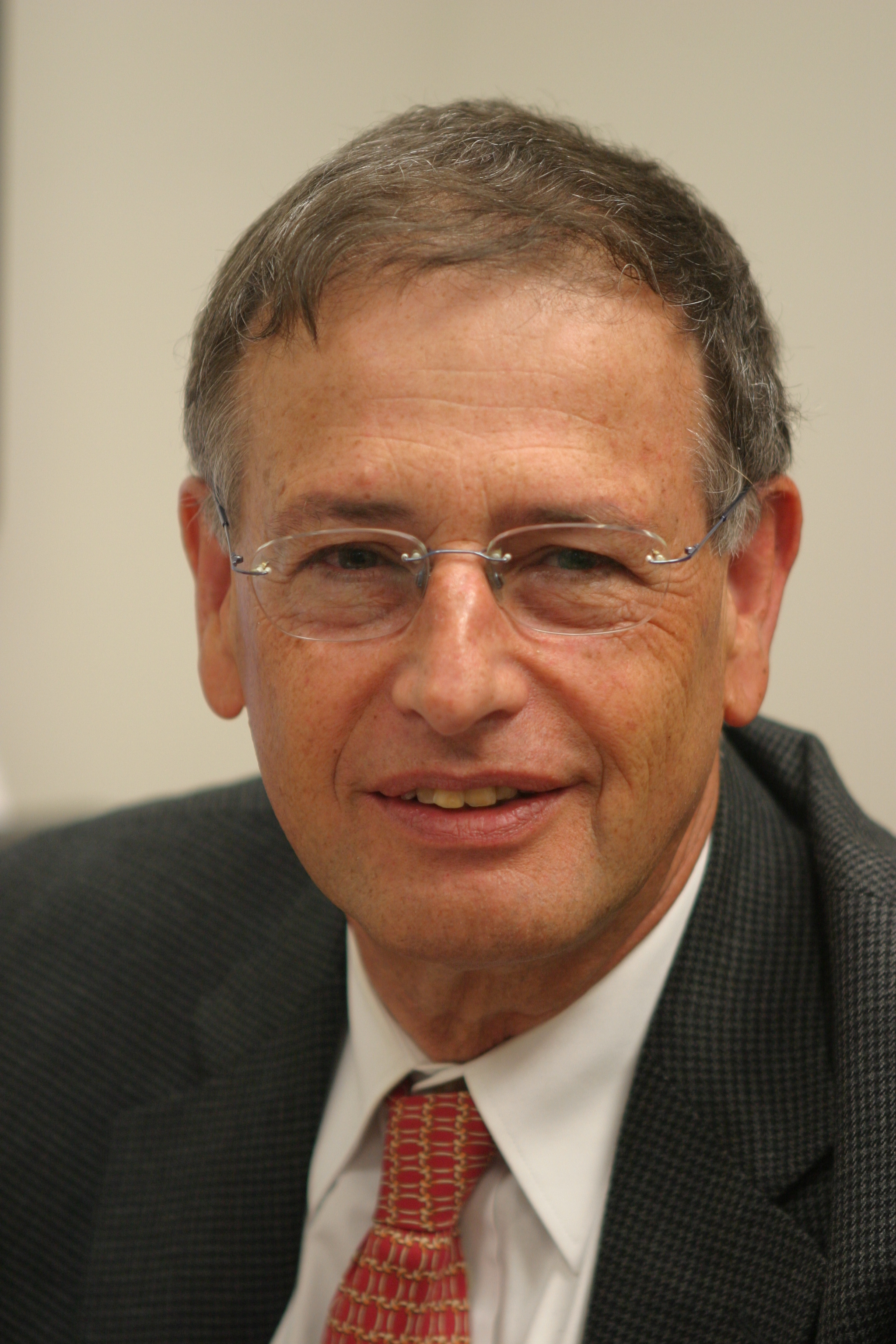 This is the fifth in the series of short statements from candidates in the forthcoming CODATA Elections at the General Assembly to be held on 9-10 November in Gaborone, Botswana, following
This is the fifth in the series of short statements from candidates in the forthcoming CODATA Elections at the General Assembly to be held on 9-10 November in Gaborone, Botswana, following 